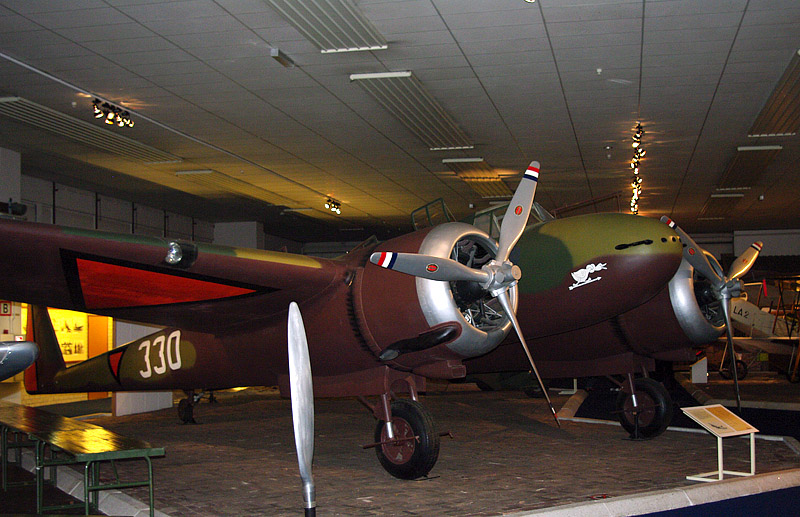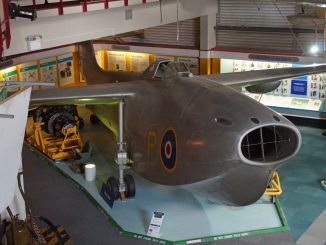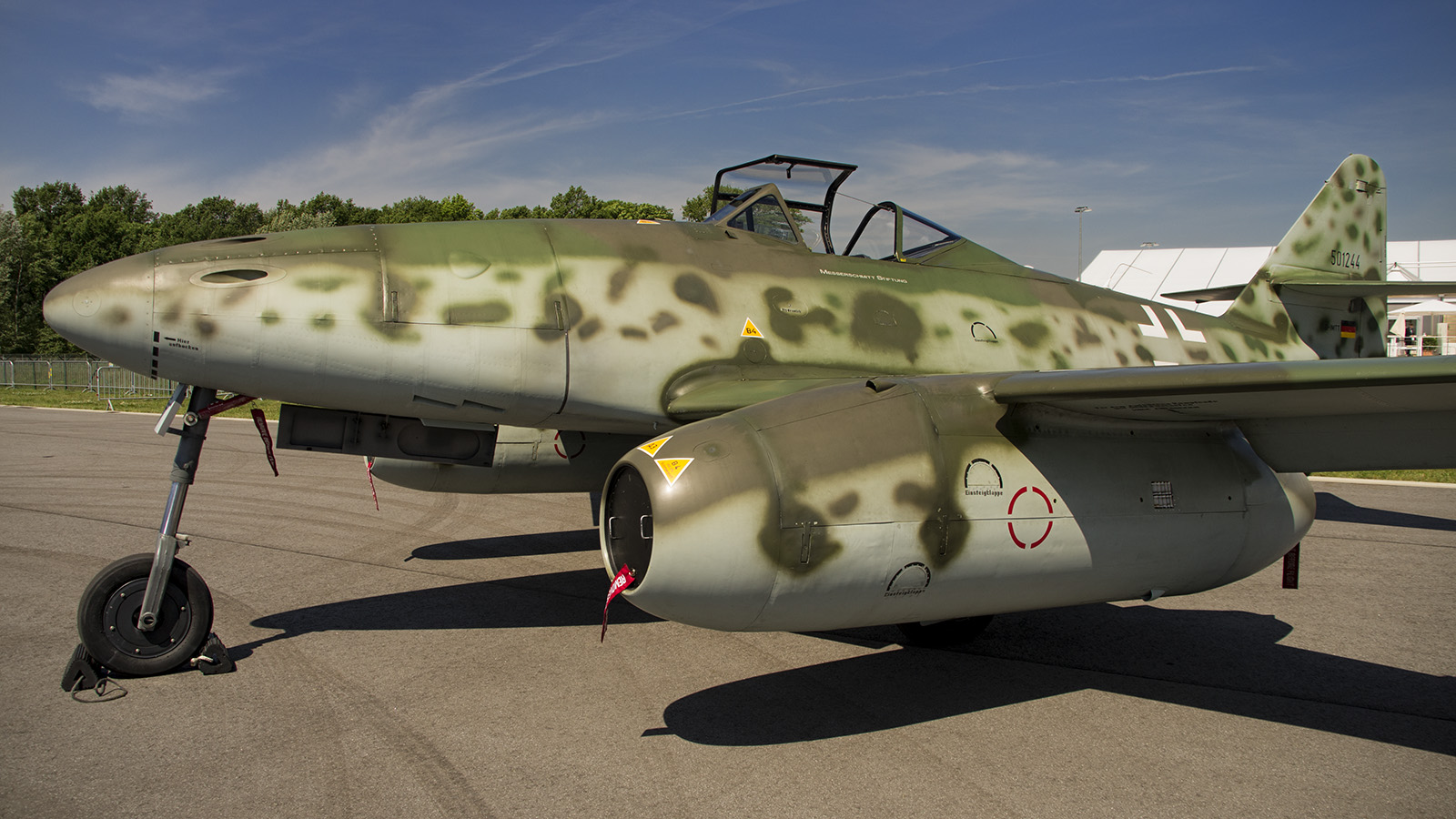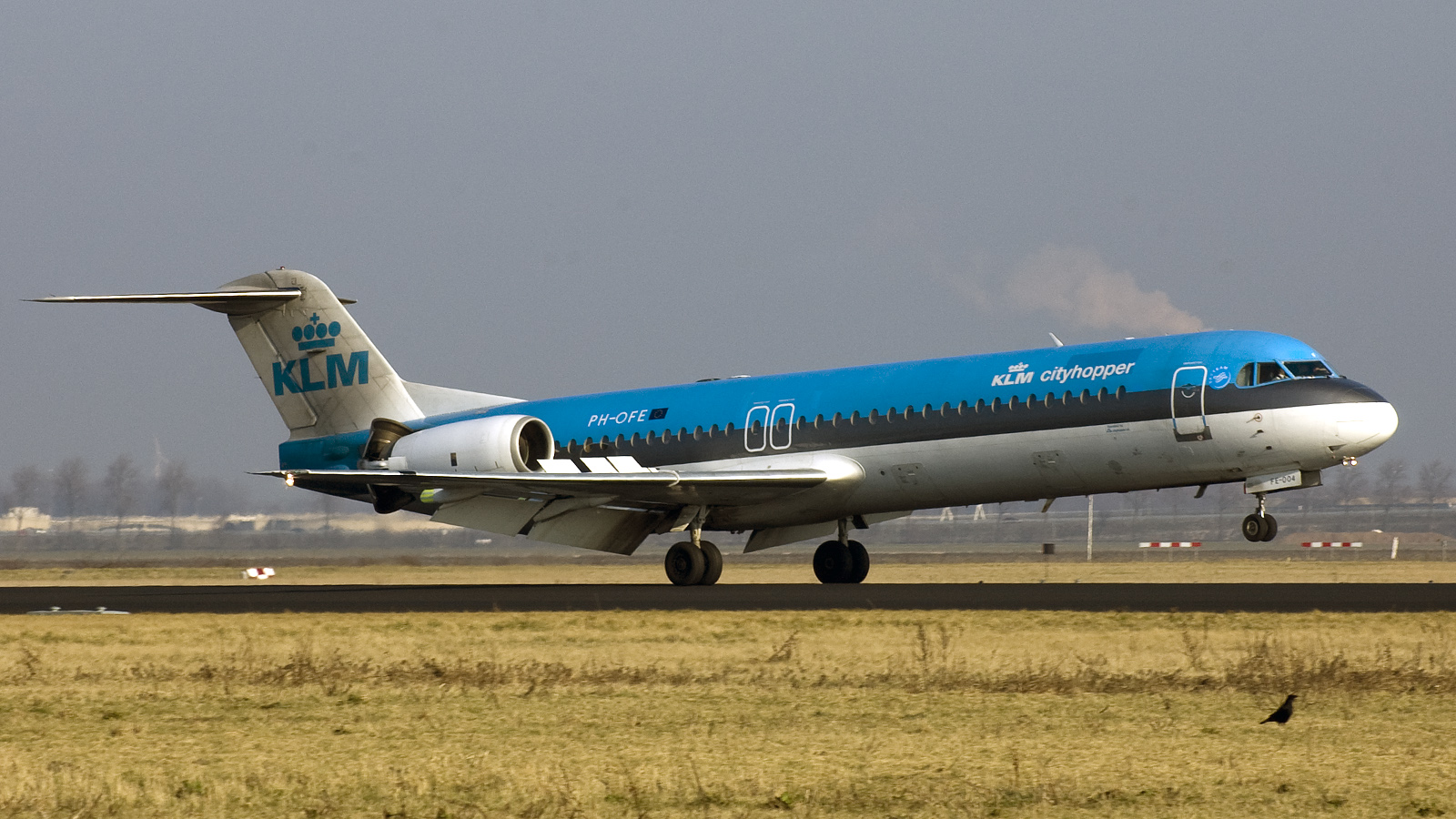
Fokker delivered a total of 36 G-1’s to the Dutch Air Force, they were numbered from 300 to 335. The 36 aircraft were divided over two ‘afdelingen’: 3 JaVA and 4 JaVA.
At the outbreak of the War, 26 Spanish G-1’s (powered with the Wasp engines) were numbered for the Dutch Air Force 341 to 365. most of those planes were not ready for combat due to lack of guns, and other reasons.
When Germany attacked The Netherlands in the early morning of May 10th 1940, most of 4 JaVa were destroyed on the ground where they were an easy target parked close together.

3 JaVA got most of it’s G-1’s of the ground in time, and 8 Fokker G-1’s scored 13 victories, giving the German Luftwaffe strong resistance for a short while.
Germany captured a number of Fokker G-1’s after the Blitz in The Netherlands, how many is still not known, but most of the G-1’s being built for Spain were captured, and some Dutch air force planes were shipped to the Luftwaffe after repairs. The Luftwaffe used the G-1’s as trainers for the Me-110, it is not known if they were ever involved in combat.
The Fokker G-1 was mainly built in two series, 26 with the 825 hp Pratt & Whitney R-1535-SB4-G Twin Wasp Junior engines, and 36 with the 830 hp Bristol Mercury VIII engines. about 20 planes were destroyed around the blitzkrieg in May 1940, and somewhat 30 planes were captured by the Germans from the Dutch Air force and the Fokker factories building the G-1.
Fokker G-1 Stats:
- Developing Nation: The Netherlands
- Manufacturer/Designer: Fokker, Dr-Ir Erich Schatzki

First flights:
- March 16th 1937, prototype with two 680 hp Hispano-Suiza 14Ab 14 cylinder radials. From the airfield ‘Welschap’
- September 3rd 1938, prototype refitted with two 825 hp Pratt & Whitney R-1535-SB4-G Twin Wasp Junior 14-cylinder radials.
- First delivery: Autumn 1938
- First operational: Autumn 1938
- Crew: 2 or 3
- Wing span: 17,16 m.
- Wing area: 38,30 m²
- Length: 10,87 m.
- Height: 3,80 m.
Engine’s:
- two 680 hp Hispano-Suiza 14Ab 14 cylinder radials. (only the first prototype) or…- two 825 hp Pratt & Whitney R-1535-SB4-G Twin Wasp Junior 14-cylinder radials Or…
- two 830 hp Bristol Mercury VIII nine-cylinder radials as ordered by the Dutch Air Force at that time.
- Weight (empty): 3330 kg.
- Flight weight: 4480 kg.
- Max. take off weight: 5000 kg.
- Max. speed: 475 Kph. (cruising speed: 383 Kph.)
- Max. range: 1500 km.
- Max. Height: 9600 m.
- Weapons: Wasp engine type: nose-mounted battery of four 7,9 mm FN-Browning M.36 guns- Mercury engine type: nose-mounted battery of eight 7,9 mm FN-Browning M.36 guns, and one M.36 flexibly mounted in the rear fuselage nacelle tail cone. – possibility for about 300 kg. of ordnance
- Extra: Only the first four G1’s were delivered as three-seaters, the rest of the airframes were delivered as two-seaters.
visit:Stichting Fokker G-1 website, group of people that are trying very hard to rebuilt a Fokker G-1
All pictures courtesy of Zijde Aviation Photo and Publishing, Marcel van Leeuwen.



Be the first to comment